Save what's left of our Planet
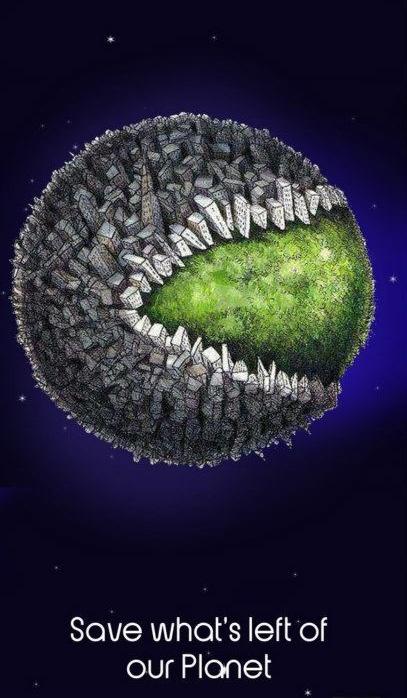
Save what's left of our Planet
The phrase "Save what's left of our Planet" carries a sense of urgency and desperation. It implies that we have already done significant damage to the Earth, and now it is crucial to take action to preserve what little remains. The word "left" in this context suggests that there is not much time or resources left to save the planet from further destruction.Our planet is facing a multitude of environmental challenges, from deforestation and pollution to climate change and loss of biodiversity. These issues have been caused by human activities such as industrialization, overconsumption, and unsustainable practices. As a result, many ecosystems have been degraded, species have become extinct, and natural resources have been depleted.
If we do not take immediate and decisive action to address these problems, we risk reaching a point of no return. The consequences of inaction are dire – more extreme weather events, rising sea levels, food and water shortages, and widespread environmental degradation. The impacts of these changes will be felt by all living beings on Earth, including humans.
Saving what's left of our planet requires a collective effort from individuals, communities, governments, and businesses. We must reduce our carbon footprint, conserve natural resources, protect wildlife habitats, and promote sustainable practices. This means transitioning to renewable energy sources, reducing waste and plastic usage, supporting conservation efforts, and advocating for policies that prioritize environmental protection.
It is not too late to make a difference, but time is running out. We must act now to save what's left of our planet for future generations. By taking small steps in our daily lives, such as recycling, using public transportation, and supporting eco-friendly products, we can contribute to a healthier and more sustainable world.

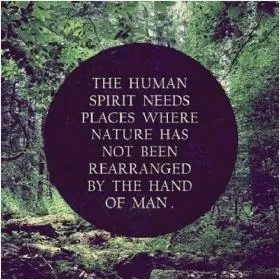
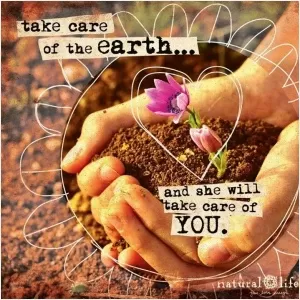
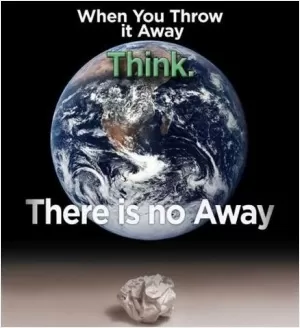

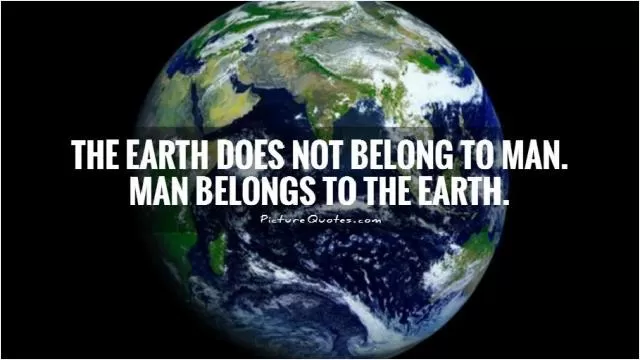

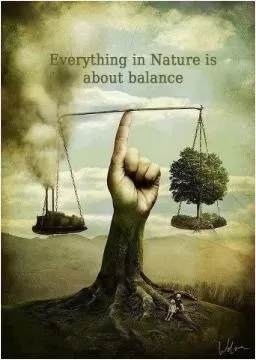
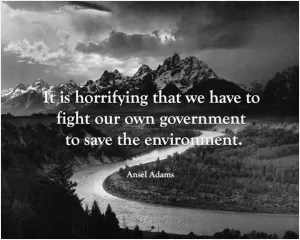
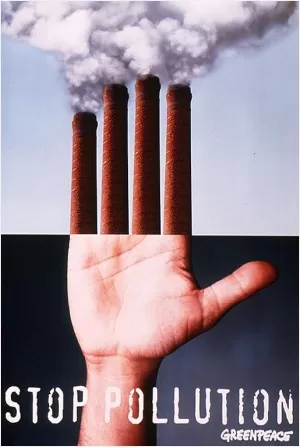
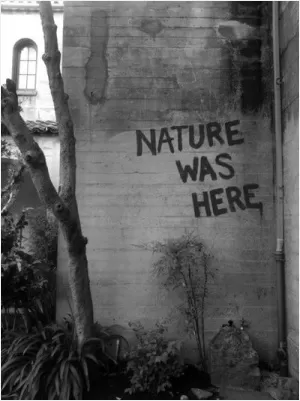

 Friendship Quotes
Friendship Quotes Love Quotes
Love Quotes Life Quotes
Life Quotes Funny Quotes
Funny Quotes Motivational Quotes
Motivational Quotes Inspirational Quotes
Inspirational Quotes